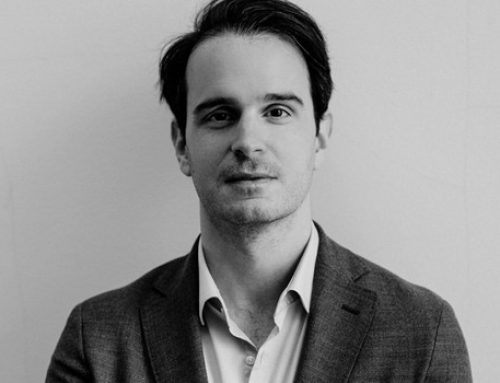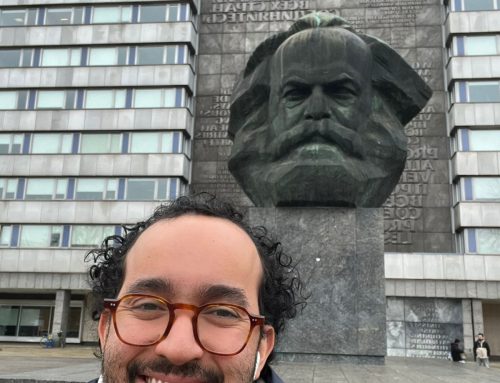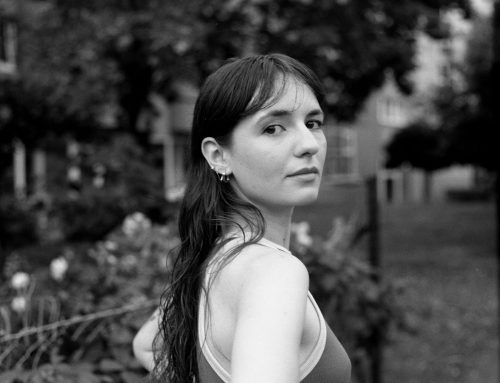Rijeka Summer Research Seminars in History & Culture
Dates: July 11-12, 2018
Organizers: CAS SEE & Faculty of Humanities and Social Sciences in Rijeka event organized with CEASCRO (Rijeka) & the Max Planck Institute for the Study of Religious and Ethnic Diversity (Göttingen)
DAY 1 – History of Psychiatry and Mental Diseases
Wednesday, 11. 7. 2018, at 3:30 pm
Venue: Faculty of Philosophy and Social Sciences in Rijeka, Sveučilišna Avenija 4, 51000 Rijeka – Department of Cultural Studies, 8th floor, Room 807.
CEASCRO Project event – Financed by HRZZ – Croatian Science Foundation:
Mental illnesses and Patient Files: Interdisciplinary approaches to historical research
Session 1: Katarina Parhi (University of Oulu), Born to be deviant. Histories of the diagnosis of psychopathy in Finland (a PhD research: Questions, problems, tools and methodologies of a research on mental illness)
First round of Discussion on the methodologies of historical and cultural research on patient files and medical diagnoses.
Session 2: The connection between mental diseases, society and psychiatry in the Eastern Adriatic (19th-20th centuries)
Vanni D’Alessio (University of Naples, CAS SEE, CEASCRO) and Filip Čeč (Faculty of Humanities and Social Sciences in Rijeka, CEASCRO): A research on patient files from the Mental Asylum of Trieste and the problem of moral insanity and psychopathy).
Vinko Drača (University of Zagreb), Silent voices: Use of Patient Files in Historical Research of the Psyche.
Heike Karge (University of Regensburg, CEASCRO), Working with patient files from the Southern Habsburg / Croatian area. Challenges and perspectives.
Milan Radošević (Croatian Academy of Sciences and Arts – Department of Pula), Public and mental health in 20th century Istria: Institutions and perspectives of historical research
Iva Milovan Delić (University of Pula) and Marlena Plavšic (University of Pula), Experiences on historical research on mental and other diseases in Pula at the end of World War.
Discussant: Luca Malatesti (University of Rijeka, CEASCRO)
Second round of discussion on the methodologies of historical and cultural research on patient files and medical diagnoses.
DAY 2 | Urban Memory of Empires / Anthropology of Food and Play
Date: Thursday, July 12, 2018, at 10:00 am
Venue: Faculty of Philosophy and Social Sciences in Rijeka, Sveučilišna Avenija 4, 51000 Rijeka – Department of Cultural Studies, 8th floor, Room 807.
10:00 | SECTION 1 | Presentation and discussion of the Project: Empires of Memory: The Cultural Politics of Historicity in Former Habsburg and Ottoman Cities.
Participants: Jeremy Walton (Project Leader, Empires of Memory Research Group, Max Planck Institute for the Study of Religious and Ethnic Diversity, Göttingen); Gruia Badescu (Research Association, School of Geography, University of Oxford); Miloš Jovanović (Project Member, Empires of Memory Research Group, Max Planck Institute for the Study of Religious and Ethnic Diversity, Göttingen)
Discussants: Vjeran Pavlaković (Faculty of Humanities and Social Sciences in Rijeka, University of Rijeka), Vanni D’Alessio (University of Naples, CAS SEE)
SECTION 2 | Ethnographies of work and play
12.30 | Session 1: SHIPYARDS
Sanja Puljar D’Alessio (Faculty of Humanities and Social Sciences in Rijeka): Ethnography of Organization: The case of the Shipyard 3. May; Andy Hodges (Institute for East and Southeast European Studies, Regensburg): title tba.
14.30 | Session 2: FOOD
Barbara Turk Niksač (CAS SEE), Going Back to the Land in Slovenia: Growing Food as Lifestyle Politics; Sarah Czerny (Faculty of Humanities and Social Sciences in Rijeka), Geographies of Milk; Marija Katalinić (Rijeka2020) Urban garden projects in Rijeka.
Discussant: Jernej Mlekuž (Znanstvenoraziskovalni center Slovenske akademije znanosti in umetnosti, Ljubljana)
End of Day 2: Thursday, July 12, 2018 at 6.00 pm
Venue: Empeduja Beach Bar, Bivio (Kantrida)
Keynote Dialogue on Food Ethnography with:
Jernej Mlekuž (SAZU, Ljubljana) author of I feel kranjska kobasica. Kako je kranjska kobasica podigla slovenski narod (Zagreb, 2018), Burek: A Culinary Metaphor (Budapest, 2015), ABC Migraciji (Ljubljana, 2011).
List of 2018 Participants:
Gruia Badescu (Research Association, School of Geography, University of Oxford, CAS SEE), Sarah Czerny (Faculty of Humanities and Social Sciences in Rijeka), Neža Čebron Lipovec (Univerza na Primorskem, Koper Capodistria), Filip Čeč (Faculty of Humanities and Social Sciences in Rijeka), Štefan Čok (History Section of the Slovenian Library, Trieste), Vanni D’Alessio (Università di Napoli, CAS SEE), Franko Dota (Faculty of Humanities and Social Sciences, Zagreb), Vinko Drača (Faculty of Humanities and Social Sciences, Zagreb), Andrew Hodges (Institute for East and Southeast European Studies, Regensburg), Katja Hrobat Virloget (Univerza na Primorskem, Koper), Ivan Jeličić (Università di Trieste), Igor Jovanović (Univerza na Primorskem, Fakulteta za humanistične študije), Miloš Jovanović (Max Planck Institute for the Study of Religious and Ethnic Diversity), Heike Karge (University of Regensburg, CEASCRO), Daša Ličen (Znanstvenoraziskovalni center Slovenske akademije znanosti in umetnosti, Ljubljana), Luca Malatesti (Faculty of Humanities and Social Sciences in Rijeka), Iva Milovan Delić (University of Pula), Jernej Mlekuž (Znanstvenoraziskovalni center Slovenske akademije znanosti in umetnosti, Ljubljana), Lidija Nikočević (Ethnographic museum of Istria), Olga Orlić (Institute for Anthropology in Zagreb), Katariina Parhi (University of Oulu), Vjeran Pavlaković (Faculty of Humanities and Social Sciences in Rijeka), Tea Perinčić (Maritime and History Museum of the Croatian Littoral Rijeka), Marlena Plavšic (University of Pula). Sanja Puljar D’Alessio (Faculty of Humanities and Social Sciences in Rijeka) Milan Radošević (Zavod za povijesne i društvene znanosti HAZU, Područna jedinica Pula), Kaja Širok (Muzej novejše zgodovine Slovenije), Péter Techet (Leibniz-Institut für Europäische Geschichte, Mainz, Germany), Barbara Turk Nikšač (CAS SEE), Jeremy F. Walton (Max Planck Institute for the Study of Religious and Ethnic Diversity).
 On the books by the keynote speaker Jernej Mlekuž see:
On the books by the keynote speaker Jernej Mlekuž see:
I feel kranjska kobasica. Kako je kranjska kobasica podigla slovenski narod
On the project CEASCRO, see the following link.
On the project, Empire(s) in a flash: Locating Habsburg and Ottoman pasts visit this link.




